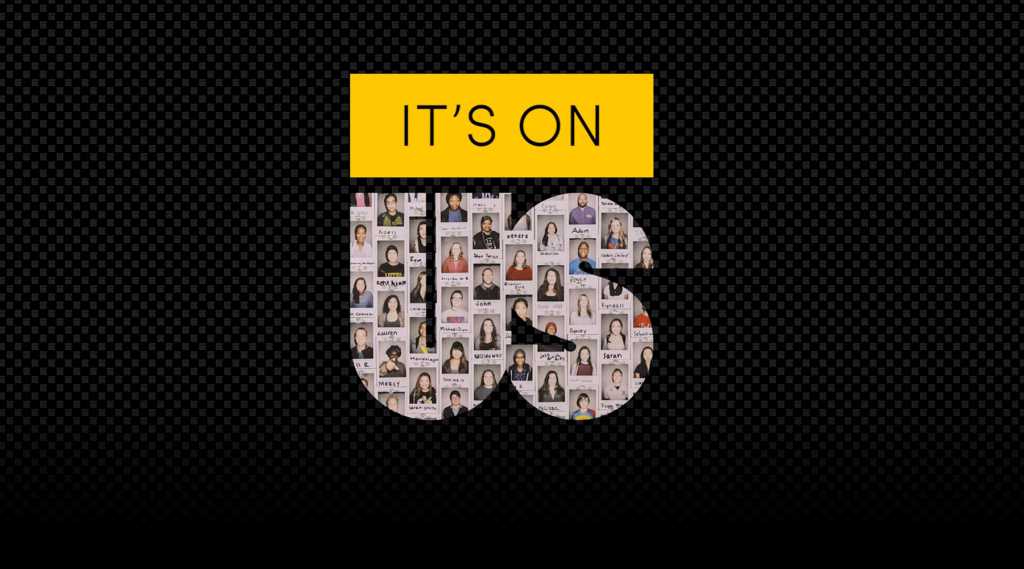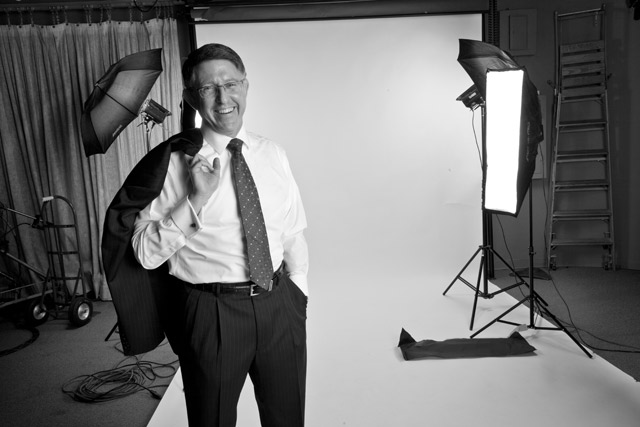Page 116 • (1,269 results in 0.039 seconds)
-
: PSYC 101. (4) PSYC 335 : Cultural Psychology - GE The study of the relation between culture and human behavior. Topics include cognition, language, intelligence, emotion, development, social behavior, and mental health. Prerequisite: PSYC 101. (4) PSYC 337 : Culture and Health This course explores the role of culture on health issues around the world from a psychological perspective. Theories from health psychology, and secondarily from medical anthropology and medical sociology, are used to
-

Smith, Director of the Women’s Center, said the It’s On Us campaign helps remold the responsibility of the university to reshape the culture around violence—and it’s not simply a women’s issue. “Everyone is impacted by violence, and everyone is responsible to speak up, act up, notice and do something because if that becomes a cultural norm, people will know this isn’t tolerated on campus,” she said. Across campus a variety of events offered opportunities for students, faculty members and staff to
-
this is super important. Learning another language sheds light on your own language, your first language, your mother tongue, and it opens crazy worlds, crazy opportunities. I mean, in terms of, like, travel, in terms of what music you can be exposed to, what movies, TV series, what cultural production you can come into contact with and learn from. It just opens the floodgates of knowledge and culture. I never said this to my students because I didn’t have the chance to, but I had a couple students
-
Violence, Holocaust and Genocide Studies at University College London Bio: Joanna Michilic is a social and cultural historian, and founder and first Director of HBI (Hadassah-Brandeis Institute) Project on Families, Children, and the Holocaust at Brandeis University. Currently, she is an Honorary Senior Research Associate at the UCL Centre for the Study of Collective Violence, the Holocaust and Genocide, UCL Institute for Advances Studies. Conference ScheduleThis January she will begin her appointment
-
, social justice, and leadership. My experience at Pacific Lutheran University was shaped by excellent professors, faculty, staff, and all the people who work every day towards making PLU a safe and caring community. Cross-cultural influences, global events, and guest-lectures have broadened my horizon and provided different perspectives and understandings of the world that I will carry with me towards new goals. If not for the opportunities that I have been presented with, I know that I would not be
-
Drawings Meghan Gould Art is a central part of many cultures’ rituals and storytelling traditions. One such artistic custom is sand drawing, with groups ranging from northern Africa to India to Oceania incorporating the artwork into their cultural practices. In this paper, we closely examine a particular type of sand drawing from Angola, known as sona, and its inherent graph theoretic properties, specifically as they relate to the properties of a special type of graphs known as Gaussian graphs. We
-

his way through a crowd, 200 strong, at the June 1 gathering to welcome him on his first day, Krise repeats that refrain again and again to those in the greeting line in the Scandinavian Cultural Center. His shiny, gold PLU-issue name badge reinforces his informal style, stating simply: “Tom Krise, President.” A few feet away, his wife, Patricia Krise, an executive at Ford Motor Company, utters a similar refrain. Her name badge: “Patty Krise.” Both approach you similarly – firm handshake, friendly
-
Student Rights and Responsibilities defined below support the Student Rights and Responsibilities as defined in the Pacific Lutheran University’s Student Code of Conduct. General Principles – All students have a right to: a safe, supportive, respectful, and professional learning environment that is free from discrimination and accepting of individuals for who they are regardless of cultural/ethnic affiliation, spiritual affiliation, political affiliation, or any other personal characteristic, choice
-

has the power to tell a story she believes is important—regardless of who she is and where in the world that story may be. “We are living in a time when we have great power as individuals to communicate and understand what is happening halfway around the world. If you see an injustice, you have the power to communicate it, talk about it, Tweet about it, march about it, make a film about it, change it.” Her visit began with lunch in the Scandinavian Cultural Center, where more than 100 students
-

1997. “It doesn’t mean they didn’t want what was best for me.” Still, she remembers her mother’s reaction: “You have ideas above your station, young lady.” As Ellard-Ivey would discover, it’s not easy being first. Students whose parents or siblings have not attended college face significant hurdles when they choose higher education. Many not only lack cash, but they also may be deficient in the kind of social and cultural capital that their peers with college-educated parents gain as a birthright
Do you have any feedback for us? If so, feel free to use our Feedback Form.


